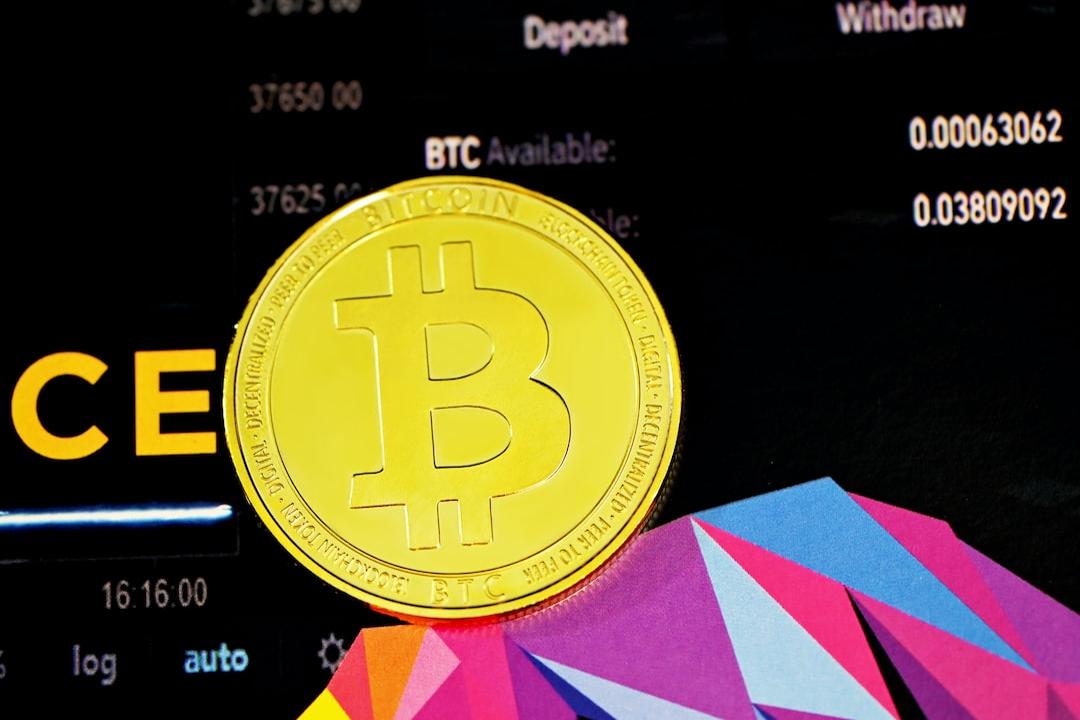HSBC Warns of Global Trade War Impacts
HSBC has issued a warning that the global trade war triggered by U.S. President Trump will have broader implications, particularly directly impacting loan and credit quality. This means that HSBC, which primarily serves business clients, will face more challenging times.
HSBC’s Financial Restructuring
HSBC Holdings, the largest bank in Europe, has reset its targets and announced a new $3 billion share buyback plan. The first quarter financial report revealed a pre-tax profit of $9.5 billion, primarily attributed to one-time costs related to the divestiture of businesses in Canada and Argentina. Analysts had previously estimated that the pre-tax profit for this largest bank in Europe would reach $7.8 billion, indicating that the bank’s first-quarter profit exceeded analyst expectations. On April 29, HSBC’s stock price in Hong Kong rose approximately 3.2%, while the Hang Seng Index remained flat, and the London Stock Exchange price increased about 2.1%. Despite the strong performance in both the financial report and stock, HSBC’s CEO expressed a pessimistic forecast regarding future market volatility.
Economic Slowdown and Loan Demand
HSBC stated that an economic slowdown would suppress loan demand. As one of the world’s largest trade finance banks, they publicly issued the clearest warning to the public regarding the impacts of tariff policies. The global ripple effects caused by Trump’s tariff policies may dampen loan demand and trigger market sentiment, harming the interests of lending institutions.
Analysis of Tariff Impacts
HSBC CEO Georges Elhedery stated during a conference call with reporters that the bank has analyzed all sources of revenue and credit portfolios to assess the various impacts of tariffs. The analysis revealed that the revenue impact on the bank is limited; however, the effects on credit are profound. If the economy slows down, an estimated additional loss of about $500 million is expected. Currently disclosed bank reports indicate that credit losses for this quarter are anticipated to be $900 million, of which $150 million reflects uncertainty about the future economy.
Trade Corridor Decline
Georges Elhedery indicated that the business clients in the U.S. and China are particularly affected. HSBC found that the trade volume along the China-U.S. trade corridor has significantly declined in regions without tariff exemptions or reductions. If the economy slows, HSBC may additionally set aside $500 million for credit losses.
Goldman Sachs’ Market Outlook
HSBC is not the only financial institution uneasy about Trump’s tariff policies. Since the announcement of the tariff policy earlier this month, Goldman Sachs (NYSE: GS) has seen its stock price drop by about 12%. Goldman Sachs CEO David Solomon mentioned that the ongoing uncertainty surrounding tariff policies and market volatility prompts clients to rethink their investment allocations, leading to a surge in trading activity. This shift highlights the industry’s emotional response to tariffs, with the financial market environment evidently different from before. Just a few months ago, the banking sector was celebrating Trump’s return to the White House.
Market Turbulence Warning
Senior executives from major U.S. banks stated during recent financial report presentations that economic turbulence is expected following Trump’s announcement of large-scale tariff sanctions on April 2. HSBC fired the first shot, directly warning that Trump’s trade war with China could disrupt global financial markets and raise concerns about a sharp decline in economies worldwide.
Risk Disclaimer
Investing in cryptocurrencies involves high risks, and their prices may fluctuate dramatically, leading to the potential loss of all principal. Please assess risks cautiously.

